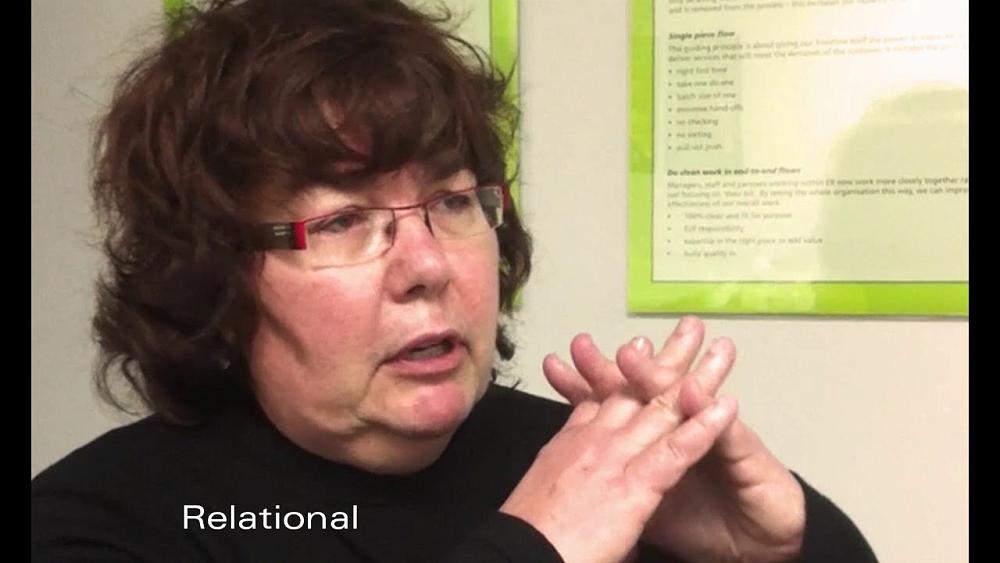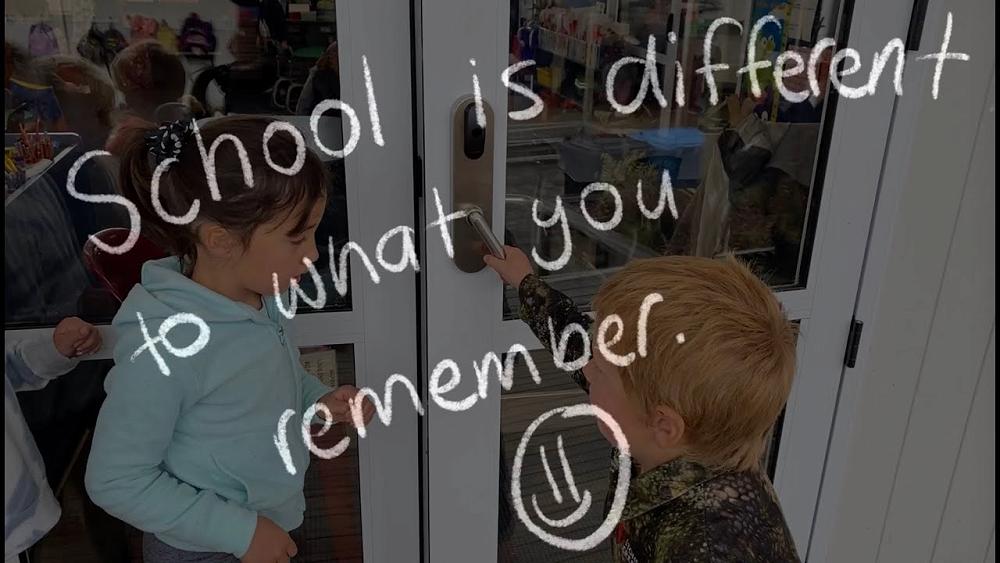Our Learning Journey...
Every child has something to offer, a unique capability, a special contribution that only they can bring.
As psychologist Carl Rogers once argued, all children should be unconditionally accepted with positive regard. Children need to know that they are valued for who they are, not just for what they do, and that they are accepted into the community of learning. They need to know that school is just the start of their long journey to discovery, and that failure is just another way of learning how to get it right in the end.
Authentic, meaningful, engaging and satisfying. When you have agency over your decision making, you feel empowered, confident and motivated. This is no different throughout the life-span. Whether you are are 2 months, 6 years or 70 years of age - when you have an interest you develop strength and continue to explore and practice which is how anybody masters a particular, or multiple skills.
Through child led learning, children are able to develop working theories of the world around them, allowing them to make sense of their place in our world. We want children to identify themselves as capable and confident learners, to be positive contributors in society. People that are able to accept challenge, take risks, persevere when things are tricky and have resilience when things go wrong. These are key factors of success (Poulton, 2018).
Teaching them tenacity, patience, the ability to apply creative solutions to problems, responsibility for their actions and positive regard for their peers is infinitely more rewarding and important than just routine cognitive skills. Getting that balance right in partnership with you is our challenge. As a school we are continually inquiring into practice through a future-focused lens and creating learning opportunities that harness and spark innovation, creativity, collaboration, digital literacy, and curiosity for the world around us.“Learning to learn” requires the learner to think about the strengths and weaknesses of their own thinking when they are learning and to make thoughtful decisions on what to do next. Waipahihhi School uses SOLO levels, rubrics and frameworks to answer the following questions:
What am I learning?
How is it going?
What do I do next?
SOLO is used to:
Plan for differentiation;
Give and receive feedback;
Develop self-assessment resources;
Design innovative curriculum;
Reflect on learning processes and products;
Undertake research and student led inquiry;
Integrate e-learning and thinking strategies;
Establish a school wide common language for learning.

Did you know?
Reflection is vital to learning and students who engage in it demonstrate better recall, creativity and problem-solving. Students who practice something then reflect on it outperform students who simply practice without reflection. ”We do not learn from experience … we learn from reflecting on experience.” John Dewey
Link: Di Stefano, Gino, Pisano, & Staats (2016). Making experience count: The role of reflection in individual learning.
